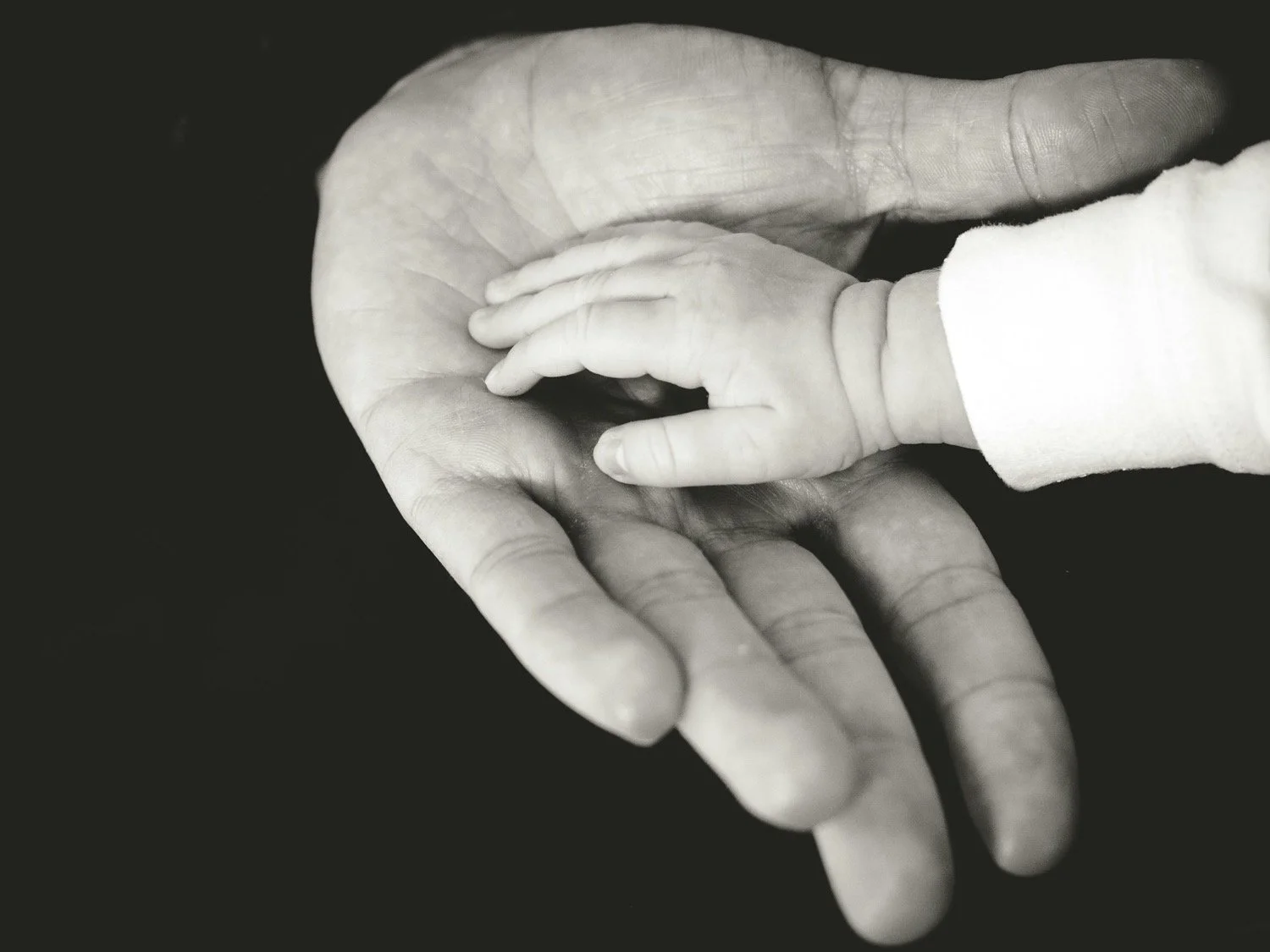Readings for today: 2 Chronicles 13-17, Psalms 74
It’s one thing to say you trust in God. It’s another to actually place your trust in God. It’s only when we are put to the test that we find out whether our trust in God is real or not. This week, I have spent hours interviewing church planters from all over northern Uganda. They face seemingly insurmountable obstacles like food insecurity, lack of access to clean drinking water, little to no formal education, high unemployment, no medical care, violence and suffering on a daily basis. The list is endless and overwhelming. One would think the trauma from these experiences would cripple them forever. Drive them to depression and despair and suicidal ideation. That’s what it does for much of the population here. What makes our church planters different? They trust in God. They believe He is with them. And this gives them strength and hope and joy in the midst of their sufferings. Furthermore, this trust translates into action. It actually leads them to success. They are planting churches. They are planting gardens. They are educating their children. They are working to overcome all of the obstacles that stand in their way. Life is slowly, incrementally getting better. And as it gets better for them, they share it with those around them. As a result, many are coming to faith in Jesus Christ, learning to trust Him, and making their lives better as well. It’s incredible!
The life of King Asa shows us the difference between trusting God and trusting Self. Asa begins well. When faced with overwhelming odds in battle, he cries out to the Lord. “Lord, there is no one besides you to help the mighty and those without strength. Help us, Lord our God, for we depend on you, and in your name we have come against this large army. Lord, you are our God. Do not let a mere mortal hinder you.” (2 Chronicles 14:11 CSB) He knows he cannot hope to win against the might of Israel or the might of Cush on his own. He trusts in the Lord for His strength. Not only that but he brought revival to the land of Judah. He tore down the false idols and renewed the worship of God. As a result, God granted him decades of peace. Decades of prosperity. But towards the end of his reign, another threat appeared on the horizon. Israel once again sought to invade. And this time, instead of turning to the Lord, Asa trusted in his own strength, his own wisdom, his own political connections and the result was disaster. Wars broke out all around him. He contracted a wasting disease. His prosperous and peaceful rule came to an end.
Do you trust the Lord? Not just on Sundays. Not just in an occasional worship service that fits into your busy schedule. Not just when times are tough. Not just in emergencies. Not just when it’s convenient. Not just when God’s will for your life happens to match your own. Do you trust the Lord with your life? Do you trust the Lord with your family? Do you trust the Lord with your work? Do you trust the Lord with the decisions you make on a daily basis? Do you live a life of whole-hearted devotion to Him? How would you know? There are signs. When you find yourself hungering and thirsting for holiness and righteousness. When you find yourself easily convicted of sin. When you find yourself longing to be in worship with God’s people. When you find yourself prioritizing devotional time with the Lord each and every day. When you find yourself serving others rather than yourself. All of these are signs you are trusting God. Of course, the signs you are trusting yourself are just as obvious. Every day we are faced with a choice. Will we trust God or will we trust Self? Trusting God leads to a life of joy and peace and fulfillment while trusting Self leads to a life of fear and anxiety and insecurity and discontentment. Which will you choose today?
Readings for tomorrow: 2 Chronicles 18–20, Psalms 75
